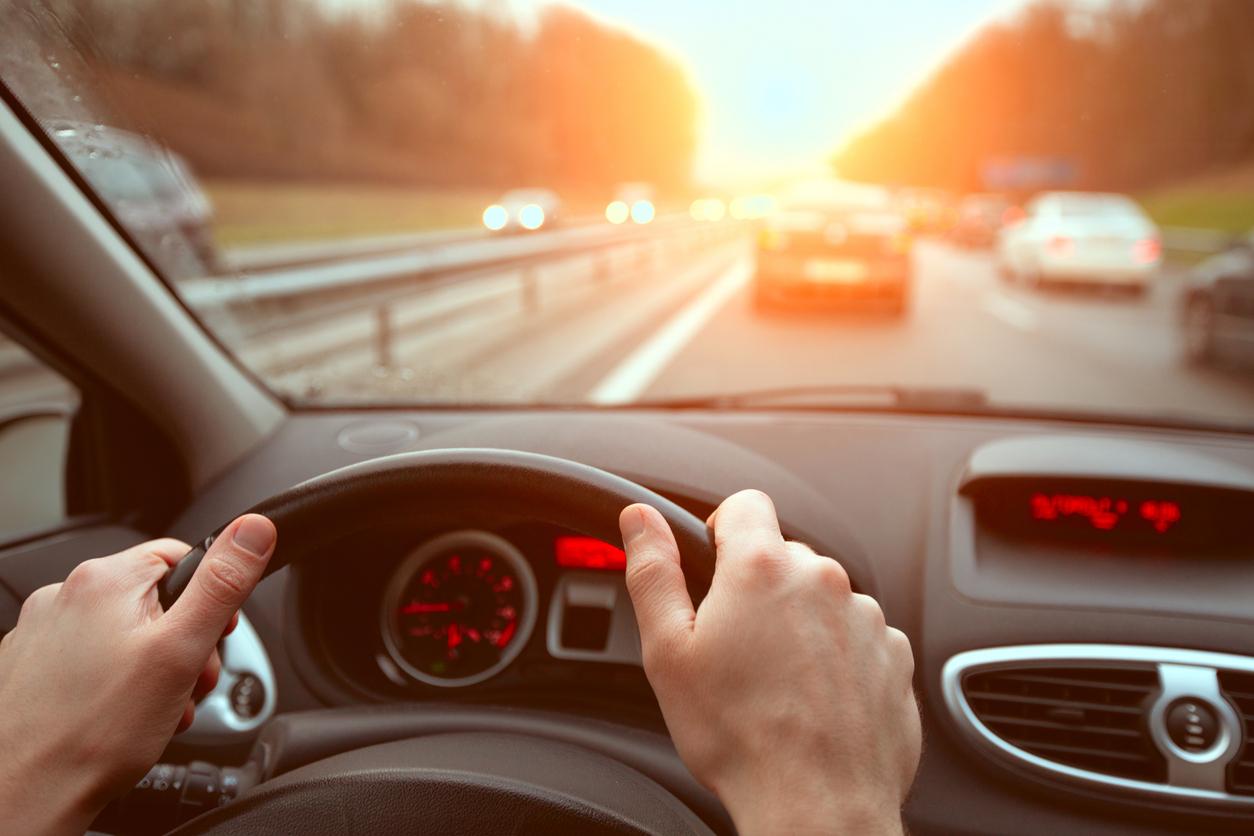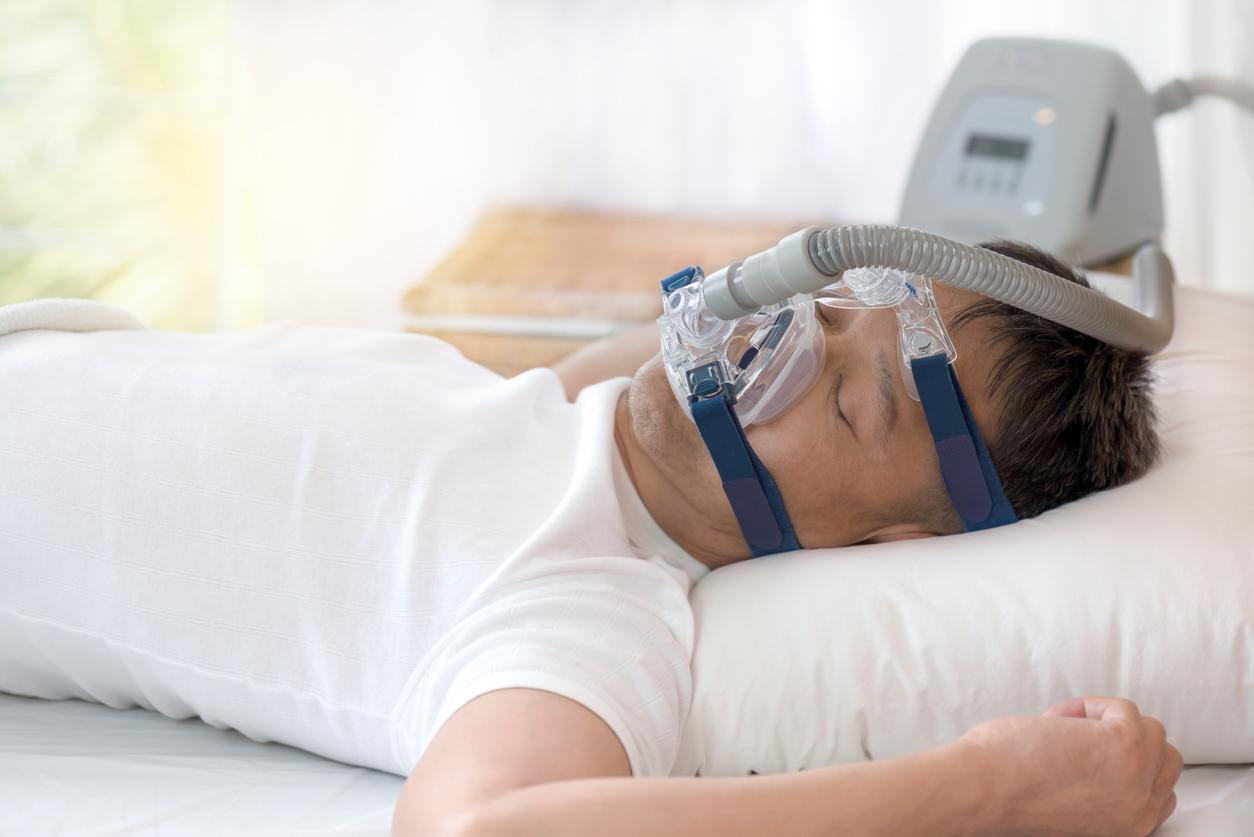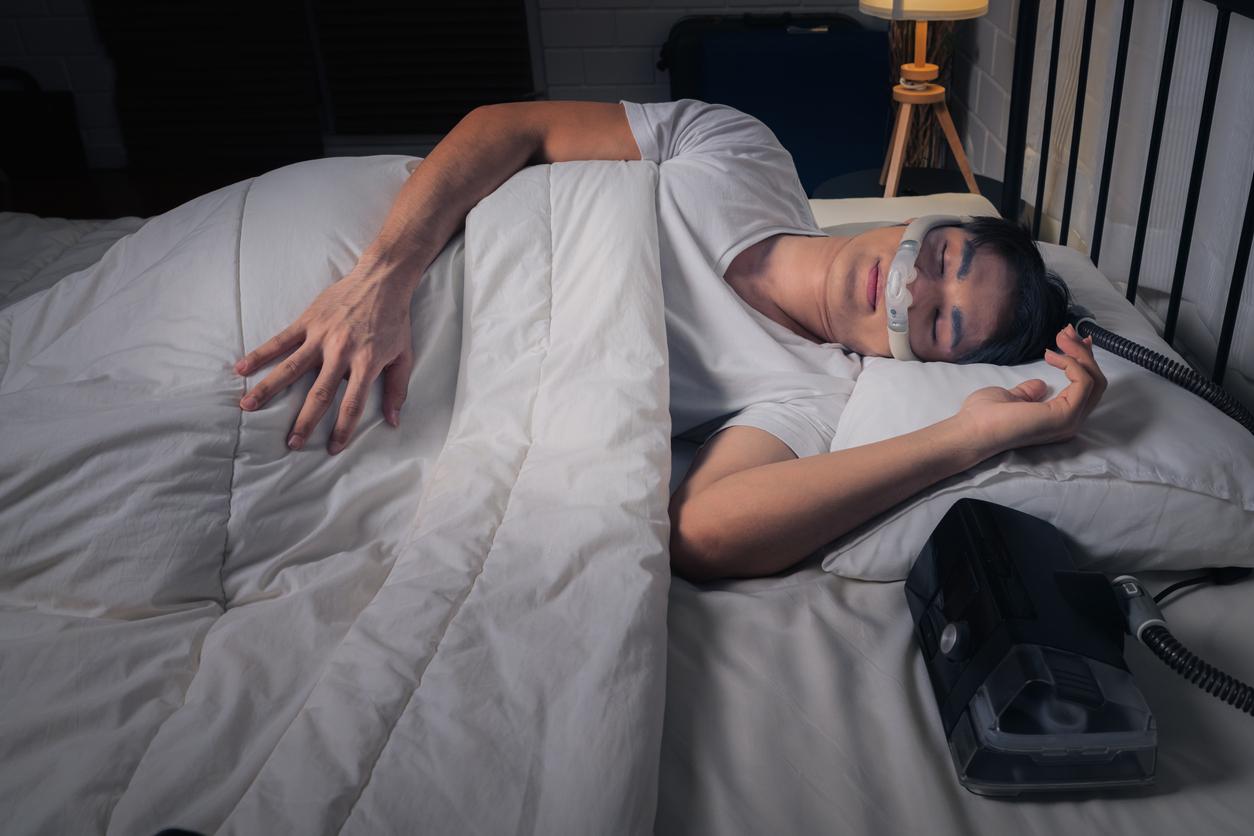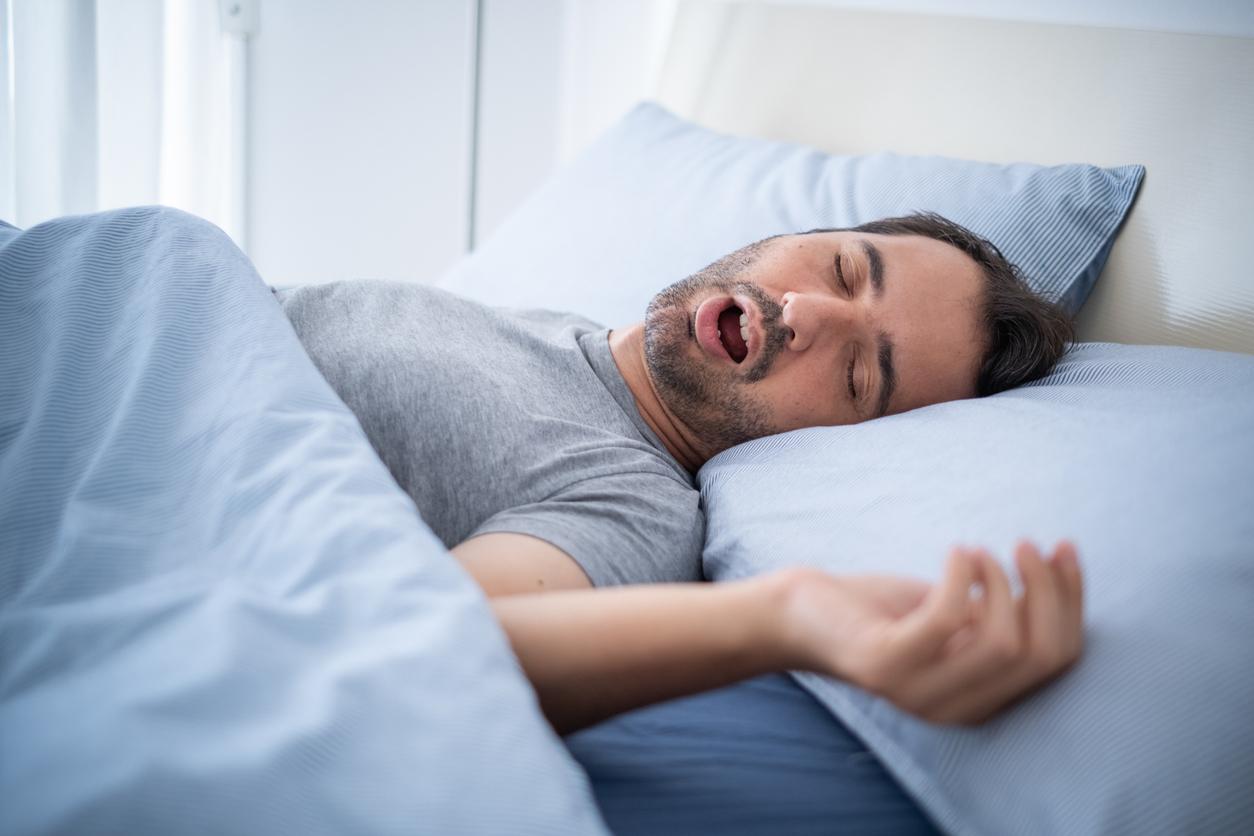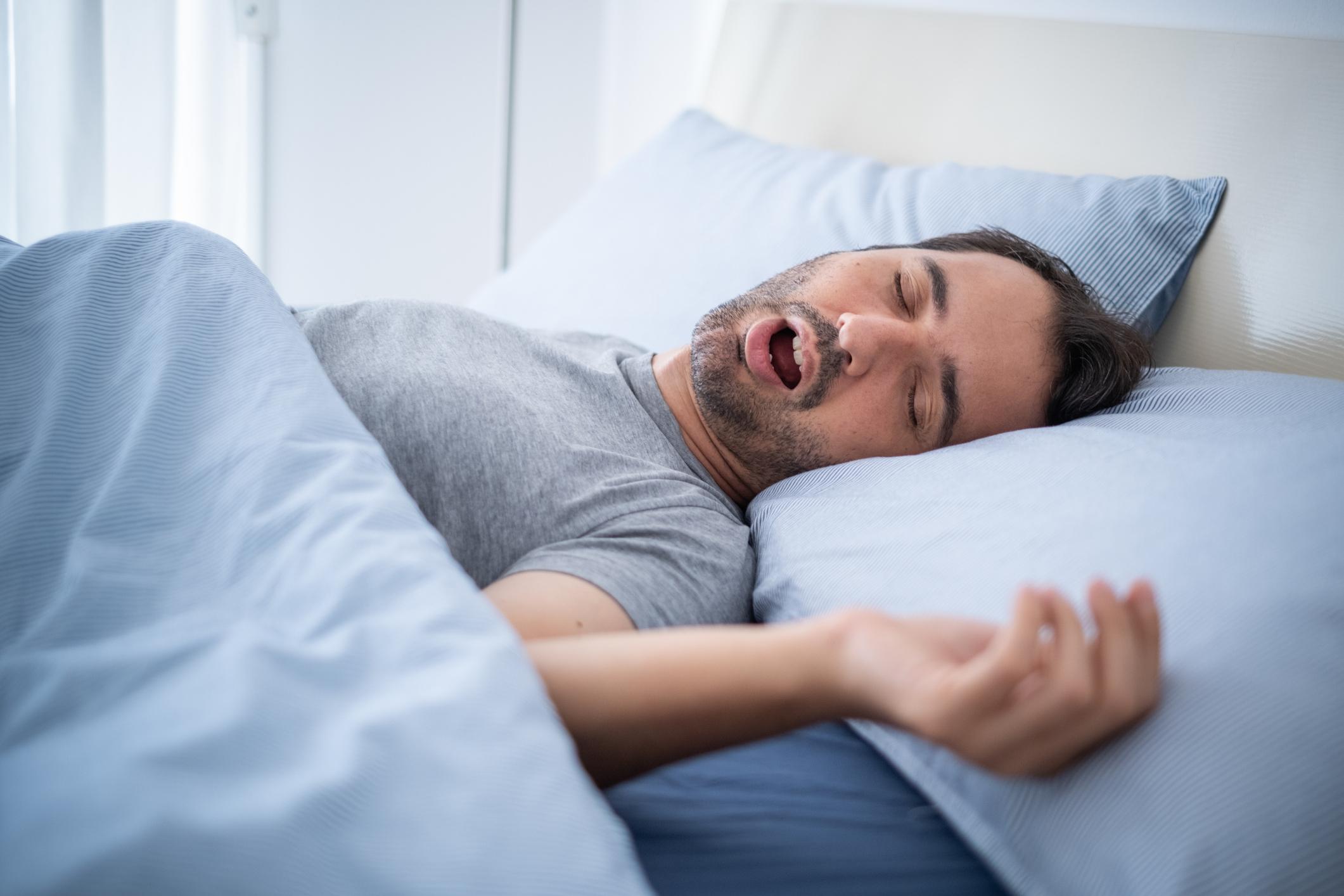Patients with sleep apnea frequently become drowsy during the day because their sleep quality is poor. Due to fatigue and reduced alertness, they are more likely to be involved in road accidents and to be seriously injured.
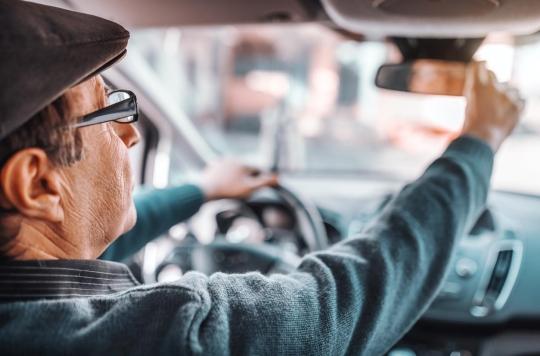
- In France, 4% of the population suffers from sleep apnea.
- This nocturnal ventilation disorder can be caused by overweight and obesity, age, sex, abnormalities in the size and position of the jaw, the consequences of ENT problems or even the consumption of alcohol, sedatives and tobacco.
Irritability, weight gain, concentration and memory problems… These are the consequences of insufficient or poor quality sleep. According to a study recently published in the journal sleeping, risky driving behaviors are also associated with the severity of sleep apnea, which prevents patients from having a deep and restorative sleep. To reach this conclusion, researchers from Washington University in St. Louis observed the driving and sleeping habits of 96 elderly people in real-life conditions.
In order to identify adults with sleep apnea and measure the severity of the disorder, they used a home test. Scientists said fewer than five interruptions in breathing per hour are considered normal, five to 15 interruptions are mild sleep apnea, 15 to 30 are moderate, and more than 30 are severe. To assess the volunteers’ driving, the researchers installed a microchip in the participants’ car and followed them for a year, focusing on episodes of hard braking, sudden acceleration and speeding. In total, they collected data on more than 100,000 trips.
A link between road accidents and drowsiness caused by sleep apnea
The authors found that higher severity of this nocturnal breathing disorder was associated with a higher incidence of high-risk driving behaviors. According to the results, for eight additional interruptions of breathing per hour, the risk of doing an unsafe act while driving, such as speeding, hard braking or sudden acceleration, increased by 27%. “The more tired you are, the less attentive and able you are to complete a task, especially if it is constantly changing”, said Ganesh M. Babulal, author of the work, in a statement.
According to the study, increasing age was associated with a higher risk of high-risk driving behaviors in people with Alzheimer’s disease. “We can’t just tell them to give up their car keys. When older people stop driving, they lose much of their independence and mobility, which is often associated with negative health outcomes. and social. What we want to understand is what puts them at higher risk so that we can intervene and help them drive, safely, for as long as possible.” added the researcher.
Scientists have specified that risky driving behaviors linked to a higher rate of road accidents in older people are associated with the severity of sleep apnea and Alzheimer’s disease, even in people showing no cognitive decline. “Further work is needed to determine whether treating sleep apnea decreases high-risk driving behaviors and therefore road crashes,” can we read in the searches.










